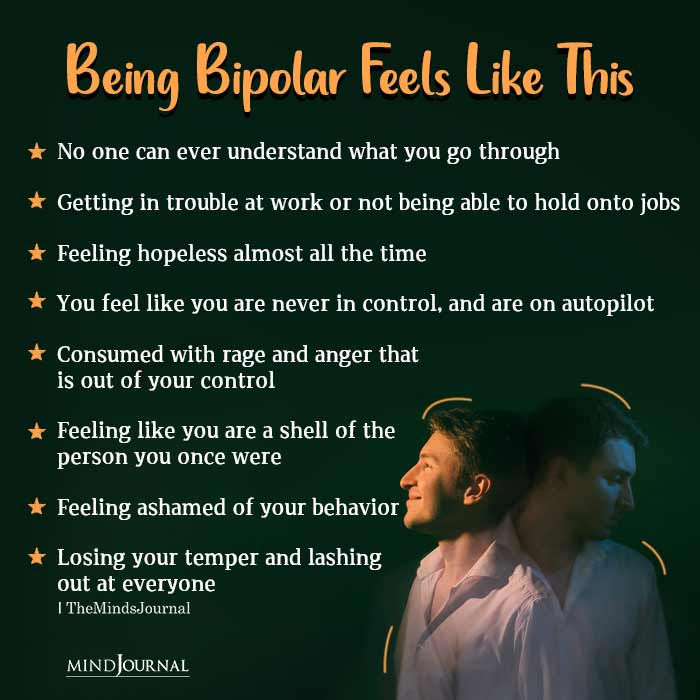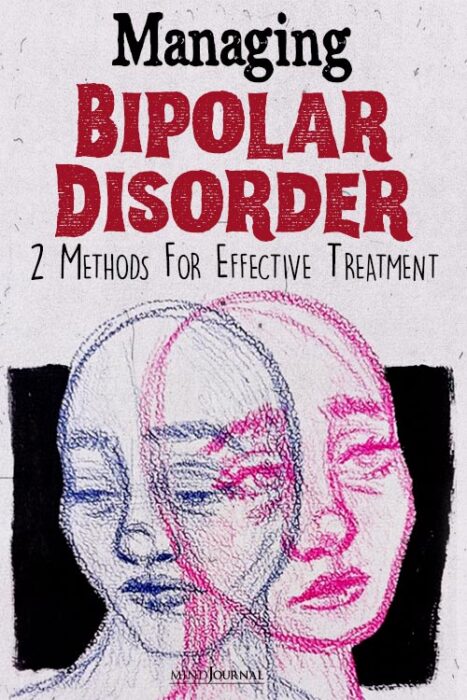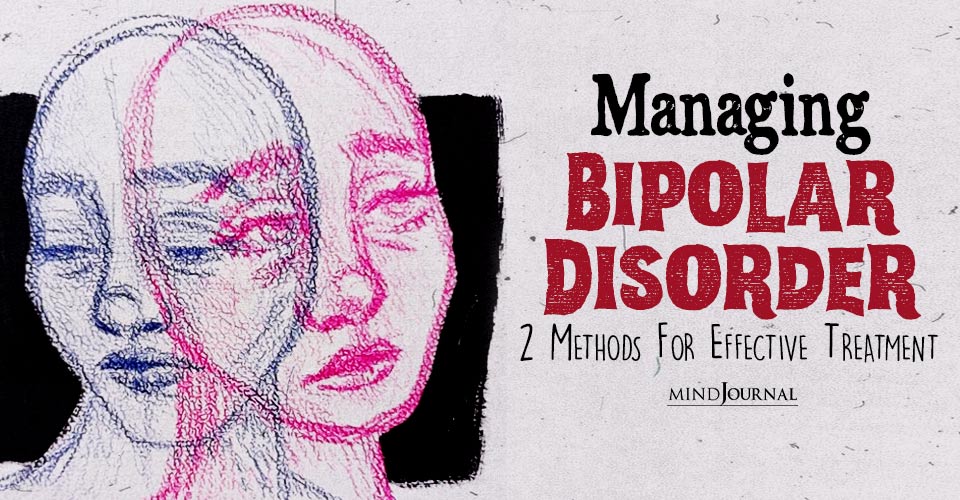Living with bipolar disorder is not easy, but the good news is that there are certain things that can help in managing bipolar disorder. More specifically, there are two types of psychological methods that can really help you deal with this. Let’s find out more about how to treat bipolar disorder and tips for managing bipolar disorder.
This new blog column aims to provide a “deep dive” into the science-backed, therapeutic skills that can help people with bipolar disorder lead healthy and enriched lives.
Mood-stabilizing medication is the cornerstone of bipolar disorder treatment, yet several years of scientific research on bipolar disorder have also told us that there is an important role for certain psychological therapies in the treatment of this condition.
Specifically, skills-based psychological interventions that teach people tangible tools for managing their bipolar disorder and reaching their life goals have scientific support for improving treatment outcomes in bipolar disorder when combined with medication treatment.
Such skills-based psychological interventions may include:
Related: Bipolar Disorder: 10 Facts Everyone Should Know And Be Aware Of
2 Effective Skills-Based Psychological Interventions For Managing Bipolar Disorder
1. Psychoeducation
Effectively managing a medical condition requires education about the ins and outs of that condition, and bipolar disorder is no different. The goal of psychoeducation for bipolar disorder is to provide people with education on their bipolar disorder and how they can best manage it.
Psychoeducation provides information on the importance of taking medications as prescribed, recognizing warning signs and triggers for mood episodes (depression or (hypo)mania), and problem-solving strategies for intervening on these triggers.

2. Cognitive-behavioral therapy, CBT
Recognizing the relationship among thoughts, feelings, and behaviors is the foundation of CBT for bipolar disorder. The goal of CBT for bipolar disorder is to help people recognize how shifts in thinking patterns and mood during mood episodes (such as episodes of depression and (hypo)mania) can have a direct impact on behaviors and, in turn, negatively impact one’s health.
CBT for bipolar disorder provides tools for recognizing the relationship between specific thought patterns and mood states, changing problematic thought patterns, and learning behavioral skills that can help with mood stability.
In each blog post, I will pull from these and other skills-based psychological interventions to present how different therapeutic skills could be applied to help address common treatment topics in the management of bipolar disorder.
This blog column is intended as an educational resource where people with bipolar disorder, their loved ones, and their clinicians can learn about the types of skills-based interventions that may be applied to treat bipolar disorder.
Related: Everything You Need To Know About Bipolar Disorder
Information on the “gold standard” (no pun intended) skills-based psychological interventions that can help people with bipolar disorder should be readily accessible to all. I hope that the information readers learn here can help them find effective treatments for managing bipolar disorder.
Want to know more about how to deal with bipolar disorder? Check this video out below!
References:
Geddes, J.R., Miklowitz, D.J., 2013. Treatment of bipolar disorder. Lancet 381, 1672–1682. Miklowitz DJ, Efthimiou O, Furukawa TA, Scott J, McLaren R, Geddes JR, Cipriani A. Adjunctive Psychotherapy for Bipolar Disorder: A Systematic Review and Component Network Meta-analysis. JAMA Psychiatry. 2021 Feb 1;78(2):141-150. Novick DM, Swartz HA. Evidence-Based Psychotherapies for Bipolar Disorder. Focus (Am Psychiatr Publ). 2019 Jul;17(3):238-248. Stafford N, Colom F. Purpose and effectiveness of psychoeducation in patients with bipolar disorder in a bipolar clinic setting. Acta Psychiatr Scand Suppl. 2013;(442):11-8.
Written By Alexandra Gold Ph.D. Originally Appeared On Psychology Today









Leave a Reply
You must be logged in to post a comment.